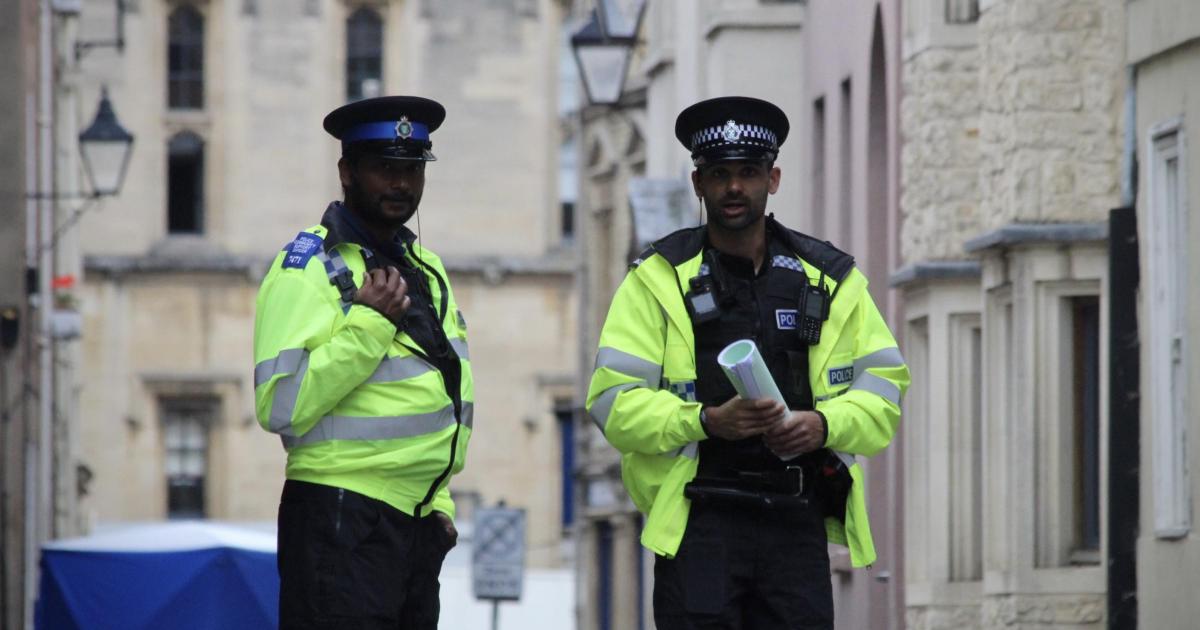
What’s Happening
Recently, a Baptist minister was arrested in the UK for allegedly supporting a proscribed terrorist organization. This incident has sparked conversations around the right to protest and the legal boundaries surrounding it.
The Incident
James Grote, the individual arrested, was found outside the New Road Baptist Church in Bonn Square with a sign reading, “I oppose genocide, I support Palestine Action.” It’s important to note that Grote is not affiliated with the New Road Baptist Church. His arrest came swiftly; within five minutes of his public demonstration, he was detained by Thames Valley Police on suspicion of violating the Terrorism Act 2000.
The Legal Background
Palestine Action was designated as a terrorist organization by the UK government after a series of actions that included vandalism at military facilities. As a result, individuals expressing support for this group are subject to arrest. This law has caused significant controversy and raises questions about freedom of expression versus national security.
The Right to Protest
While lawful protest is a protected right, the line between lawful and unlawful behavior can sometimes blur. It’s crucial for citizens to understand these boundaries to avoid legal repercussions while expressing their views. This situation has highlighted the ongoing debate about the limits of freedom of speech and the government’s role in regulating protests.
Conclusion
This recent arrest serves as a reminder of the complexities involved in political demonstrations and the current state of civil liberties in the UK. For those interested in understanding the intersection of activism and law, it may be worthwhile to explore legal resources or literature on this subject.
Related Products
If you’re keen on advocacy and social issues, consider the book Activism 101, which provides insights into effective protest strategies and activism laws.



